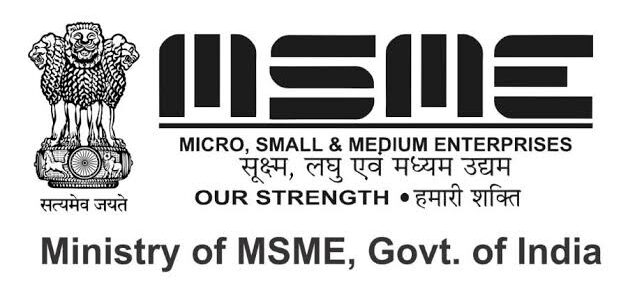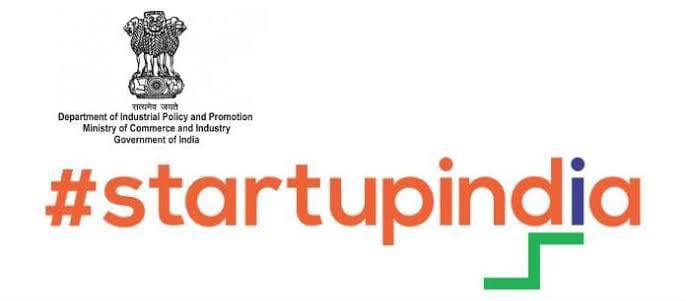A sole proprietorship or proprietorship is the simplest form of business organization, owned and operated by a single individual. Here is a detailed overview of various aspects of a sole proprietorship in India:
1. Definition and Nature
- Definition: A sole proprietorship is a business entity owned and managed by a single individual where there is no distinction between the owner and the business.
- Nature: It is the simplest and oldest form of business structure. The owner has full control over the business decisions, operations, and profits. However, they also bear unlimited liability for any debts or legal actions against the business.
2. Registration
- Not Mandatory: Sole proprietorship does not require formal registration under any specific law. However, various registrations are necessary to legally operate the business.
- Registrations:
- GST Registration: Required if annual turnover exceeds ₹40 lakhs (₹20 lakhs for North-Eastern states).
- Shops and Establishment Act License: Mandatory for all businesses operating within the states.
- Trade License: Required from the local municipal authority.
- Professional Tax: Registration needed if the business employs staff.
- MSME Registration: Can be beneficial for obtaining loans and subsidies.
To get your proprietorship registration, you can contact WynSwell for all such services. We offer pan-India services to ensure your business complies with all necessary regulations.
3. Licenses
- Trade License: Required from the local municipal corporation.
- Professional Tax License: If there are employees.
- FSSAI License: If the business is related to food.
- Import Export Code (IEC): If engaged in import/export.
4. Taxation
- Income Tax: Sole proprietorships are not taxed separately. The income is treated as the personal income of the proprietor and is taxed as per the individual income tax slabs.
- GST: If registered under GST, the business must comply with the filing of monthly/quarterly returns and annual returns.
5. Audit
- Not Mandatory for Small Businesses: Audits are not mandatory unless the turnover exceeds ₹1 crore (₹10 crore if cash receipts/payments do not exceed 5% of total receipts/payments).
- Tax Audit: Required if turnover exceeds specified limits or if the business has opted for presumptive taxation and income claimed is lower than the presumptive income.
6. Accounting Rules
- Bookkeeping: Maintain accurate records of all financial transactions.
- Financial Statements: Prepare Profit & Loss Statement and Balance Sheet annually.
- Cash Flow Management: Crucial for the sustainability of the business.
7. Scope and Types
- Scope: Ideal for small businesses, retail shops, freelancers, and service providers.
- Types: Can be categorized based on the nature of business such as retail, manufacturing, service, etc.
8. Banking Norms
- Separate Bank Account: Recommended to open a current account in the name of the business.
- KYC Norms: Bank will require proof of identity, address proof, business registration certificates (if any), and GST registration (if applicable).
9. Regulations
- Labor Laws: Compliance with labor laws if the business employs staff.
- Consumer Protection: Adherence to consumer protection laws.
- Environmental Regulations: Compliance with environmental norms if applicable.
Advantages
- Easy to Establish: Minimal legal formalities and low cost.
- Complete Control: Owner has full control over business decisions.
- Less Compliance: Fewer regulatory requirements compared to other business structures.
- Tax Benefits: Income is taxed as personal income, which can sometimes be lower than corporate tax rates.
Disadvantages
- Unlimited Liability: Owner is personally liable for all business debts.
- Limited Resources: Financing options are limited compared to other business entities.
- Sustainability: Business continuity is dependent on the owner’s presence and health.
- Growth Limitations: Difficult to raise capital for expansion.
Conclusion
A sole proprietorship is suitable for small-scale operations, providing ease of management and control with fewer regulatory requirements. However, the risks of unlimited liability and limited resources must be carefully considered.
For assistance with your proprietorship registration and other compliance needs, contact WynSwell. We offer comprehensive services across India to help you focus on growing your business without worrying about compliance issues.












